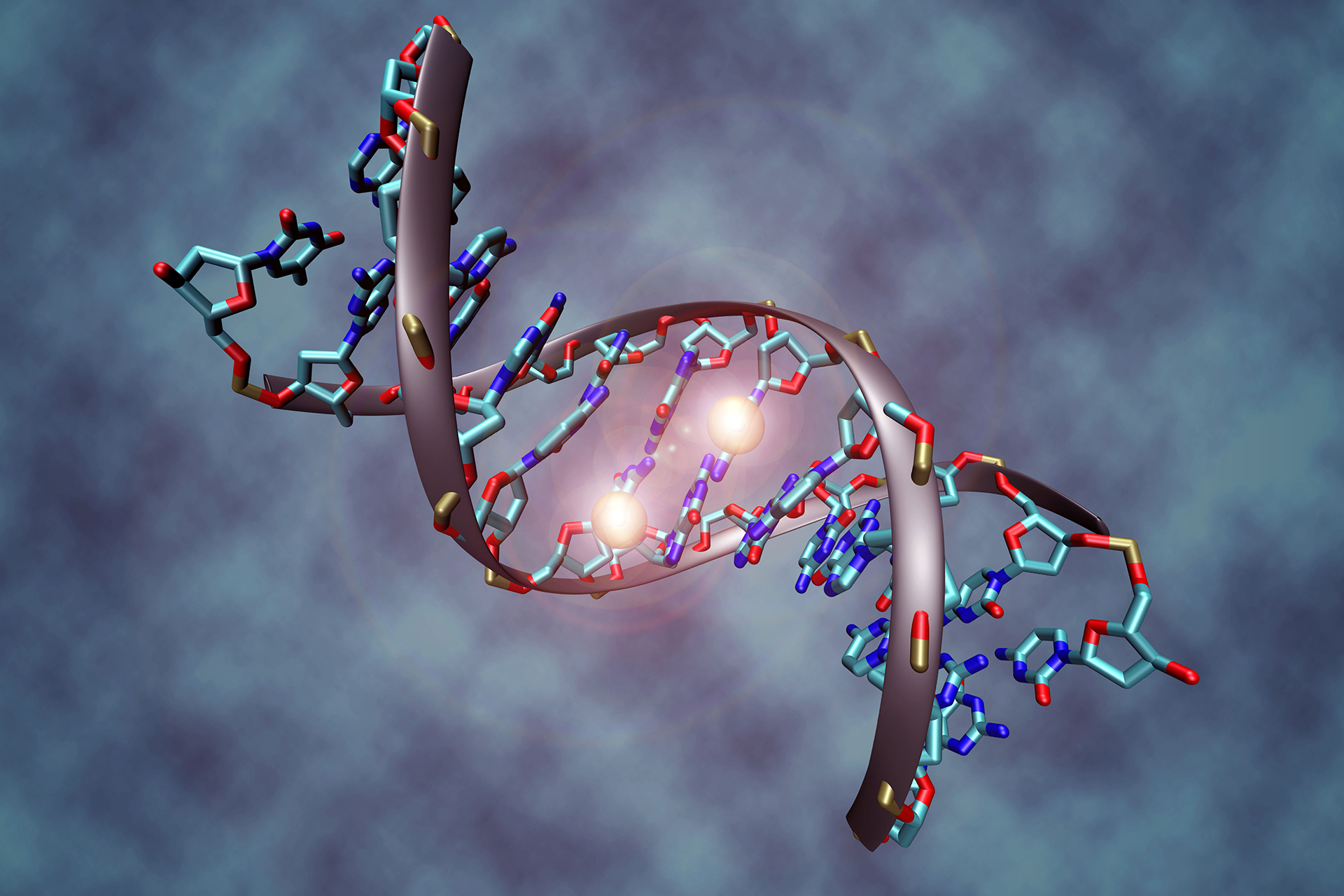Obesity in male rats increases the risk of their daughters developing diabetes in later life, a study by scientists at the University of New South Wales, Sydney, has found.
The researchers believe epigenetic inheritance - changes in chemical markers on genes that affect their function - may be responsible. For example, the daughters of obese male rats had 25 percent of the epigenetic chemical markers on the gene II13ra2 than normal daughter rats.
Professor Margaret Morris, lead study author said: 'We have to be a little bit cautious, because clearly it is a rat study', but these results may: 'tell us something about the sorts of consequences we might be facing if the obesity epidemic continues'.
The study sought to discover if rats' health was affected by their father's weight. Young male rats were split into two groups, with one group given a high-fat diet containing 40 percent more calories than the other. The rats fed a high-fat diet developed problems metabolising glucose and insulin-intolerance: both symptoms of type II diabetes.
The female offspring of the obese rats developed symptoms of type II diabetes early in life. They became glucose-intolerant by six weeks of age (the equivalent of rat puberty) and had impaired insulin secretion by 12 weeks. The offspring of the non-obese rats did not develop these symptoms and had larger islets (responsible for the production of insulin) in their pancreases.
Professor Morris and her team also discovered the affected daughters displayed changes in the activity of 642 pancreatic islet genes and many others associated with cell signalling and death. These changes in gene activity occurred despite the rats' genes appearing unchanged, suggesting epigenetic changes were responsible.
The researchers say further research is needed to determine whether the effects obese fathers appear to impose on their daughters can be passed through multiple generations, whether sons are similarly affected, and if the effects 'worsen with time' as the rats grow older. The findings were published in the journal Nature.
Sources and References
-
Gluttonous Male Mice Give Diabetes to Daughters
-
Obese father rats have unhealthy daughters
-
Rat dad's diet affects pups






Leave a Reply
You must be logged in to post a comment.